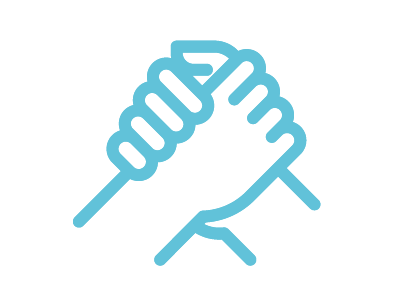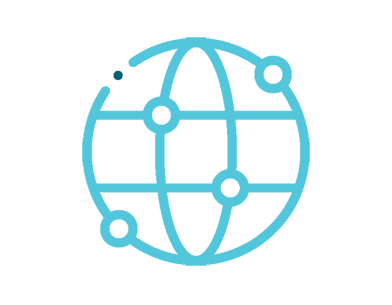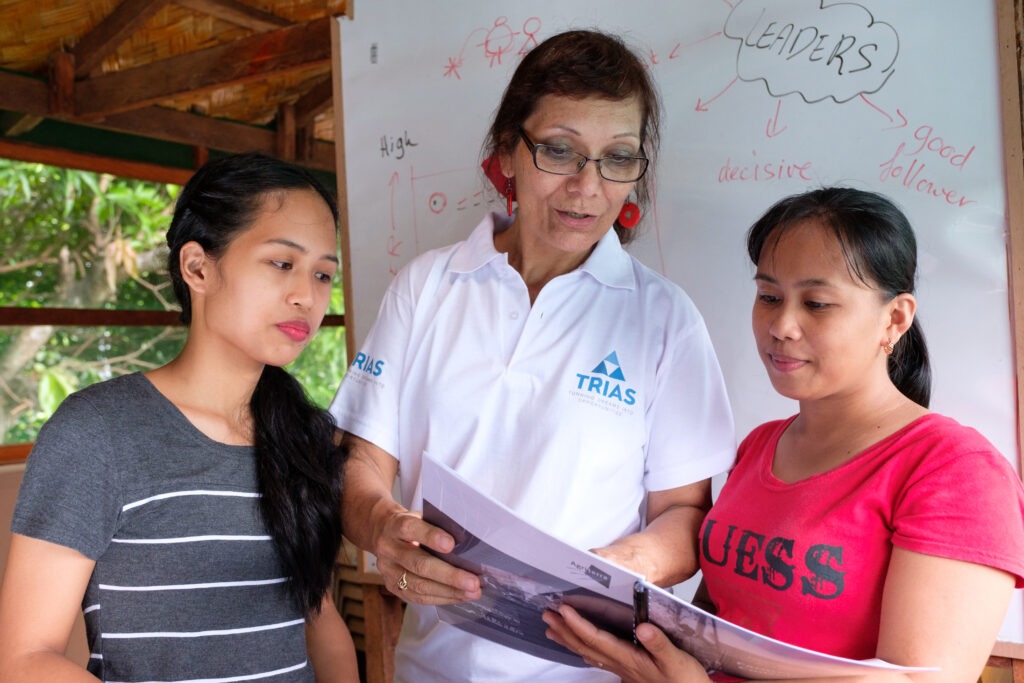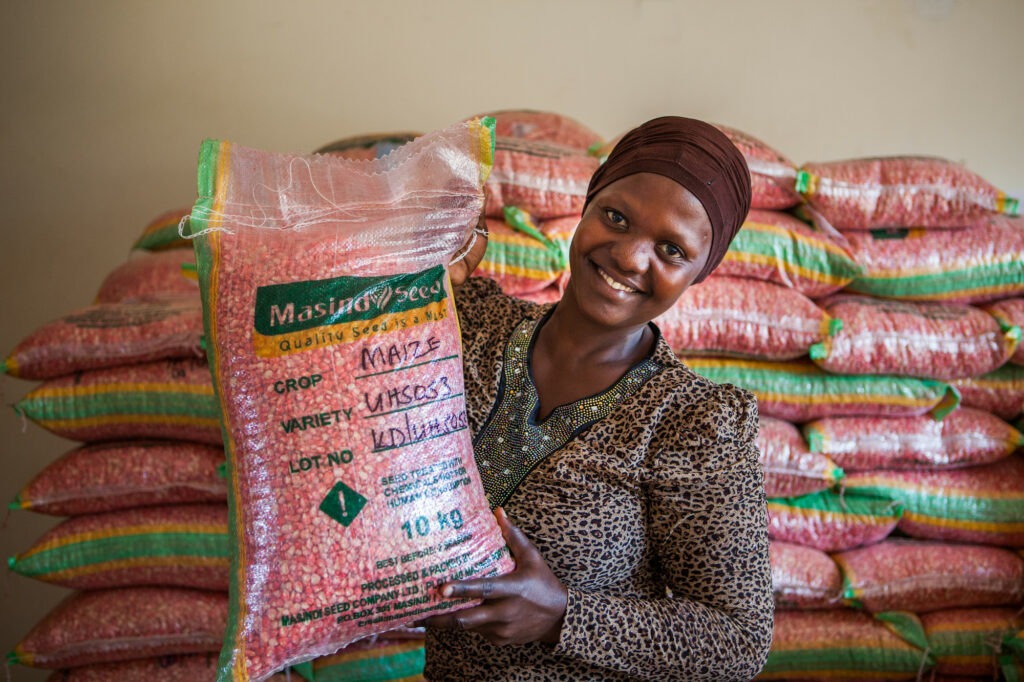WHY DOES IT WORK?
In depth preparation
Prior to each training session, the trainers undergo two days of pedagogical preparation. Technical and financial support of Trias is therefore essential.
Inspiring pedagogical material
Images, videos, quotes, proverbs… the tools used for the training sessions emphasize non-verbal elements. This inspires participants and makes an impression in order to stimulate changes in attitudes.
Train the trainer
Participants were identified to become, in turn, trainers or coaches. They demonstrate a real enthusiasm for LEATRA and want to pass on what they have learned. These leadership champions are key resource persons on whom we rely to scale up the approach.




